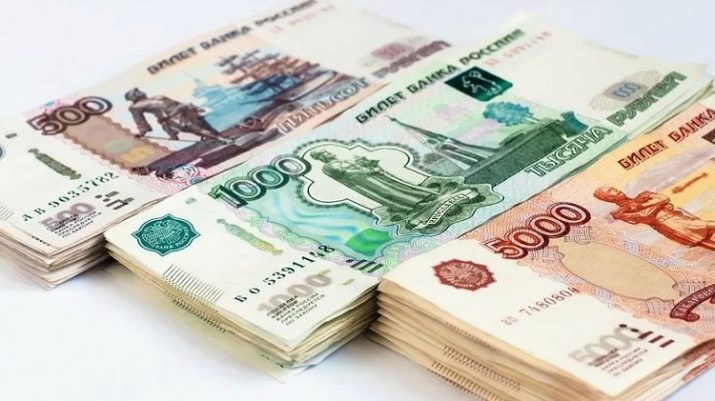Who is a diplomat and how to learn a profession?
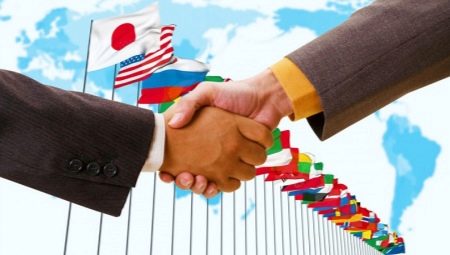
For many people, it is important to know what kind of profession it is - a diplomat, and how to become a diplomat in Russia. In addition to the salary and the necessary qualities, you need to understand the educational background. A separate important topic is to find out what tasks are mandatory in diplomatic work.
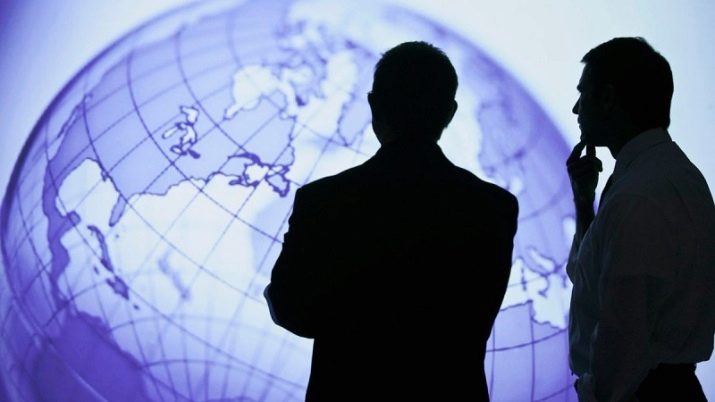
Who is that?
If we turn to the definition of the profession of a diplomat, then this is a person who is somehow connected with international relations. All such specialists have a special regime of international legal protection and are inviolable in the performance of their professional duties. An important feature of diplomatic work is that it involves the collection of information about the host country, and sometimes about other states, about individual citizens and organizations. In describing such a profession, it is worth emphasizing that all its representatives are employees of a particular state. They can represent the interests of their power apparatus not only under other governments, but also under international humanitarian and other organizations.
If we speak in simple words about diplomats and their difference from consuls, the latter specialize in ensuring the interests of ordinary citizens. They sometimes communicate with the official officials of the host country, but only for paperwork, to protect those arrested and detained by the police. More often, however, they deal with the processing of visas and other documents.
The difference between a diplomat and an ambassador is that every ambassador is a diplomat, but not every diplomat is an ambassador; only the person in charge of the embassy is called that.

Speaking about the pros and cons of such a profession, it should be emphasized:
- high prestige;
- stable income;
- inviolability of homes and correspondence, personal transport;
- movement across borders without customs control;
- non-jurisdiction of the court of the host country;
- guaranteed provision of housing and a personal car;
- the need to travel abroad without fail, and sometimes the choice of the host country is impossible;
- danger of service in hot spots;
- the severity of competition for jobs;
- very heavy load;
- the likelihood of claims from the police and counterintelligence;
- very high responsibility;
- irregular work schedule.
Communication, communication and communication again is the quintessence of diplomacy. There is no place for low-contact people in it, even in secondary positions. We have to find a common language with a wide variety of people, with representatives of all strata of society and various professions - although most often with the same diplomats and civil servants from different departments. It is worth emphasizing that nepotism in this profession is not a myth, unfortunately; sometimes no hard work and achievements allow you to take decent places.
Ceremonies and rituals, routine events are sometimes extremely boring, but it is rarely possible to ignore or leave them ahead of schedule - you must use every opportunity to collect information and convey your position.
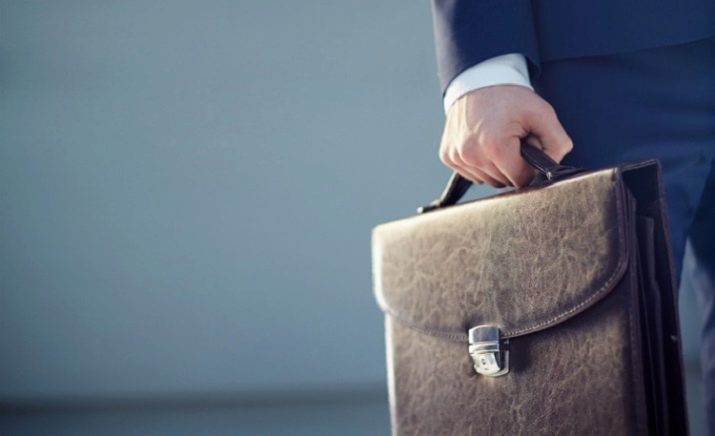
Responsibilities
To understand what is the specificity of this field of activity, you need to find out what tasks are mandatory for employees of representative offices abroad. The typical perception that they all have to do with the signing of important treaties and agreements is wrong. Many in their entire lives never participate in anything like this, and still perform their tasks brilliantly. A diplomatic officer is engaged in representing the interests of his state in the host country, and for this purpose it is sometimes necessary:
- receive citizens of their own country, host country, and occasionally third countries;
- draw up various documents and process them;
- draw up statements, notes, forwarded to the Foreign Ministry of the host country;
- participate in diplomatic receptions (and these are not parties, as they often think, but quite ordinary work, collecting information that is needed for your own work or even sometimes for urgent transmission to your Ministry of Foreign Affairs);
- check the observance of the rights of prisoners;
- deal with crimes against their citizens, with their investigation, with various accidents, with the search for missing persons;
- organize the urgent removal of tourists and other people in case of emergency;
- promote cultural exchange and economic interaction between the two countries;
- prepare top-level visits and meetings.
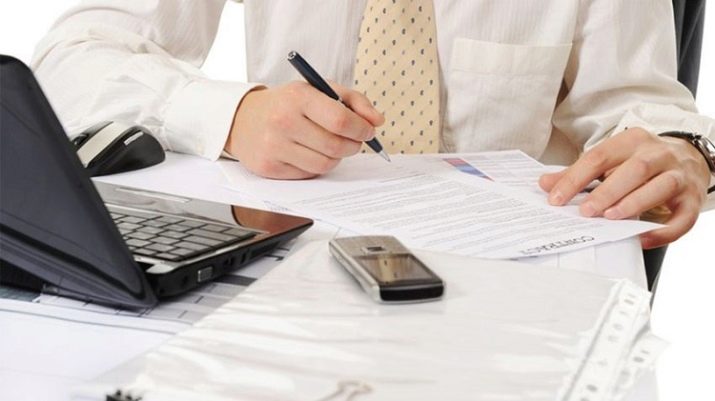
One way or another, already from this list it is clear that The "three pillars" for those working in the field of international relations are information, personal contacts and document circulation. But the variety of such activities does not allow one person to perform all the functions, regardless of talents and diligence. In any embassy and consulate there are dozens, sometimes hundreds of diplomatic workers. For example, everywhere there are diplomats-translators, usually with a low official status, but without them the normal work of the mission is impossible. In the current stream of documentation and information, without such assistants, ambassadors, consuls and other high-ranking officials will simply "drown".
A diplomat-translator is a specialist of the highest level. He needs to master the skills of both simultaneous and literary translation to perfection. You will have to not only "catch the general meaning", but also convey all the details exactly. It is very useful to master, along with the literary language, the main dialects and local variants of it - and there may not be 5 such variants, or even 10.And the nuances do not end there; sometimes you have to work with materials on transport and education, culture and media, industry and standards, military and naval affairs.
Each of these areas has its own specific terms and definitions, as well as professional jargon. All this is also supposed to be mastered perfectly. One cannot ignore the fact that diplomats are still obliged to cooperate with special services, even if they themselves are not “mining officers”. When collecting information through official and semi-official channels, as well as in person, you will have to share it without hiding anything.

At the intersection of these spheres is the so-called diplomatic intelligence. This is a type of data collection in which all laws and regulations of a foreign state are strictly and impeccably observed. But even with their implementation, you can learn a lot of valuable information about the state apparatus, the military department, science and interethnic relations. Diplomatic intelligence also collects data on economic organizations and outstanding specialists in various fields, on the law enforcement system, as well as on other things (both by order of the Ministry of Foreign Affairs and on personal initiative). This information is summarized in daily, weekly and quarterly reports.
In addition to all this, you will also have to:
- maintain order and security in the embassy (consulate) itself;
- protect the secrets of the state from the penetration of foreign intelligence and random persons;
- to settle periodically public scandals, to resist propaganda campaigns;
- organize exhibitions and press conferences, give interviews;
- prepare official responses to inquiries from the Foreign Ministry of the host country, other organizations and individuals;
- work out possible areas of cooperation with specific states and companies, predict their prospects and possible termination in the future;
- analyze probable changes in the policy of a particular state, prepare measures corresponding to these changes;
- to defend the authority of national culture, sports, economics, science and other spheres.

Primary requirements
Already in ancient times it was understood that professional representatives of the state need to have special qualities - otherwise they will not be able to fulfill their tasks. But here is a specific list of important points changed depending on the era. So, in the Middle Ages, a diplomat was obliged to know deeply the foundations of religion adopted in his state and in other countries, to be able to conduct theological and philosophical disputes at a decent level. Of course, knowledge of foreign languages, and preferably not only in those countries where diplomats were sent, was always needed. In modern times, knowledge of the existing system of international relations and the main documents on which it was based, plus an encyclopedic mindset, came to the fore.
Later, the main emphasis was on collecting and analyzing information regarding:
- trade and resources;
- statesmen and high officials;
- political system;
- industry and transport;
- the general state of a particular state;
- military and naval forces, their command, organization and real capabilities.
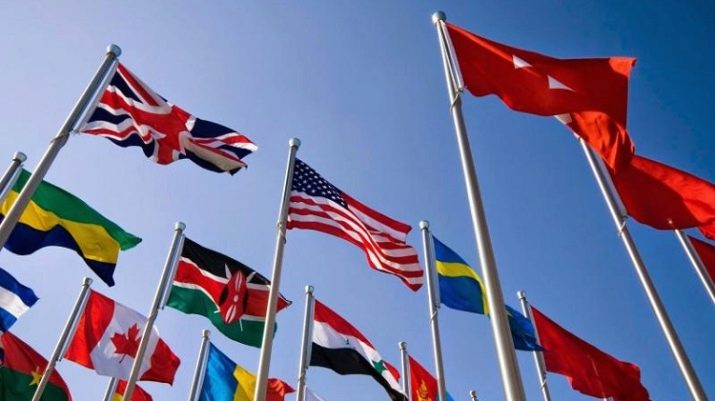
But regardless of the era and political situation, it is extremely important:
- the ability to speak freely on any topic;
- quick reaction and switching attention;
- the ability to behave calmly in any environment;
- high speech culture;
- impeccable mastery of logic;
- understanding of the culture, traditions and the current state of the country to which the diplomat is sent;
- understanding of current cultural, political, economic, social, national, religious, educational processes in it, knowledge of legislation and the state system;
- possession of etiquette;
- sociability;
- the ability to quickly study any topic in general terms in order to maintain a conversation on an equal footing with those interested in it and even with professionals;
- knowledge about international organizations and international law, about how the reality of their work differs from declarations and statutory documents;
- knowledge in the field of mass media and informal channels of information, the ability to quickly separate reliable sources and individual blocks of information from unreliable ones, to understand who and why may need deception;
- willingness to constantly be in the focus of attention of the authorities of the host state, other diplomats, the press and the public;
- the ability to instantly assess the actions and statements of people, to observe them;
- the ability to concentrate on an arbitrarily routine and even unpleasant thing for oneself, a person, an organization or a tendency;
- the ability to overcome established patterns;
- impeccable hygiene skills.

A diplomat must have an excellent memory. Even what was mentioned in passing a few months ago may become relevant again in the next conversation. The conversation itself should be structured so that the other side understands everything that is needed and does not learn anything beyond what is necessary - this is also a great art. Understanding the contexts of what oneself and other people say is very important. You should also consider the need to hide your true emotions; having opened them, you can sometimes unwittingly present to your opponent information that will become a powerful weapon against yourself and your country.
Therefore, virtuoso control plays a huge role in any situation. Sometimes opponents deliberately create an environment of powerful stress or even a whole chain of stress one after another - and you need to be able to resist such pressure. During the negotiations, the diplomat should show reasonable initiative, because no one will wait again until this or that statement is agreed with the ambassador or even with the diplomatic leadership.
It is imperative that you need tact and the ability to avoid sharp questions and uncomfortable topics that are often like to put forward not only by official interlocutors, but also by journalists at press conferences. But no professional and personal skills will help if there is no sense of responsibility for your country and involvement in its affairs and needs.

Education
University overview
Many people know that foreign policy education is organized at the famous MGIMO. However, this does not mean that graduates of other educational institutions will not be able to become diplomats in Russia. Good prospects open up:
- Moscow City University of Management;
- the Gorodovikov University in Kalmykia;
- RANEPA and its branches in federal districts;
- State Academic University of Humanities;
- Moscow State University;
- National Research University Higher School of Economics;
- SPbSU;
- Far Eastern University;
- RUDN University;
- UrFU;
- Academy at the Ministry of Foreign Affairs of the Russian Federation.
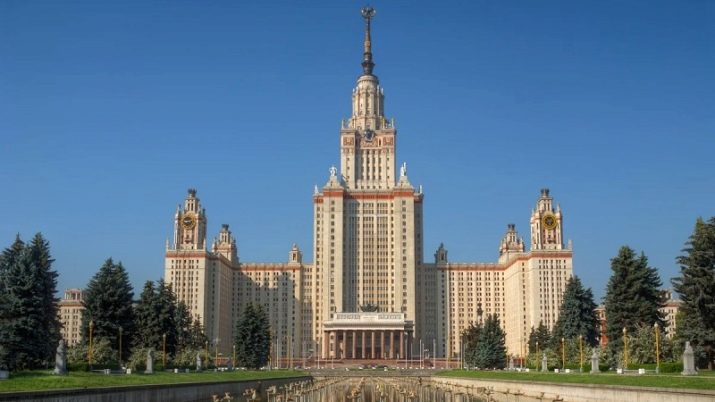
Suitable specialties
It should be pointed out right away that it is impossible to name exactly the subjects that need to be passed to one or another specialization. Their composition may differ from institution to institution and may even change over time. Therefore, it remains only to advise to collect adequate fresh information. Usually, future diplomats are taught, in addition to the main specialization "International Relations", according to the programs:
- state and municipal administration;
- management;
- philology;
- oriental studies;
- African studies;
- jurisprudence;
- foreign regional studies;
- political science;
- linguistics.
Along with them, you can also choose training:
- in indology;
- protection of information;
- international cooperation;
- Asian Studies;
- European Studies;
- international security;
- American Studies;
- world politics;
- Iranian studies;
- Turkology;
- migration relations (the importance of this topic is just growing).
But still, preference is given to specialists who have undergone subject training directly in diplomatic specialization.Among them, the most promising positions are held by MGIMO graduates. It is very difficult to get there, especially for the budgetary form of education. Those who studied at other universities, except for Moscow State University and the Academy of the Ministry of Foreign Affairs, have much less chance of finding a job.
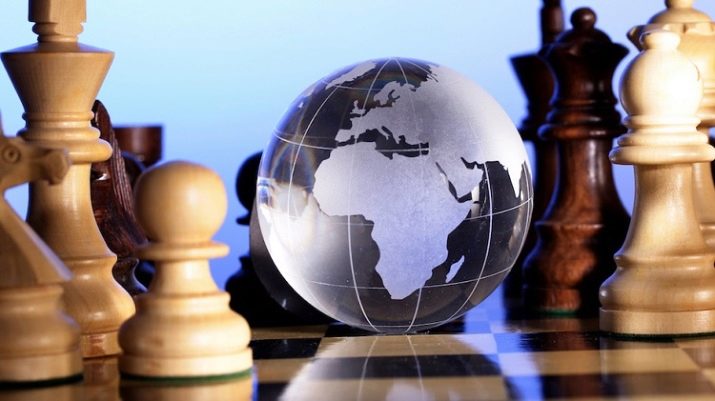
Career
But even if you managed to get an excellent education and prove yourself well at first, you need to tune in to a long and difficult professional path. A very important role is played by the steady expansion of competence and the development of new skills. In Russian diplomatic missions, the key ranks are:
- attaché;
- third secretaries;
- second secretaries;
- first secretaries;
- referents;
- attorneys;
- messengers;
- ambassadors.
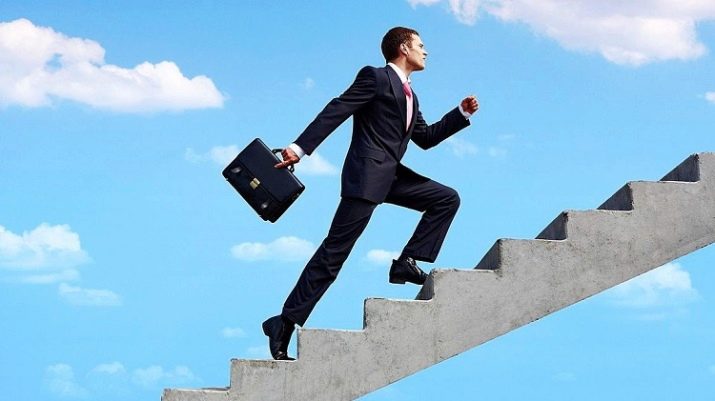
The salary
At the very beginning of his career, being an attaché, a diplomat receives relatively modest money. Those who work in the central office of the Ministry of Foreign Affairs do not have to count on an impressive income either. However, even for those who earn decent sums, the official salary is small. Business trips play the main role, and therefore almost every diplomat strives to leave for them more often, despite the tediousness of such trips. The basic rates are as follows:
- for beginners - 17 or 18 thousand rubles;
- for 3 or 4 years of experience on average 25,000;
- in the central departments of the Ministry of Foreign Affairs - 35,000.
However, there is also a bonus incentive. Supplements are obligatory paid to those who are admitted to state secrets. On average, the monthly salary of any diligent foreign policy worker ranges from 70 to 90 thousand rubles. It may not be as impressive as it was 4-5 years ago, but still more than the average in Russia. Wages will also be added to those who have received an academic degree.
The income will also be affected by:
- additional payments for staying in a hostile state;
- provision of housing and personal transport;
- additional payments for cohabitation of family members abroad (education, medical assistance).
